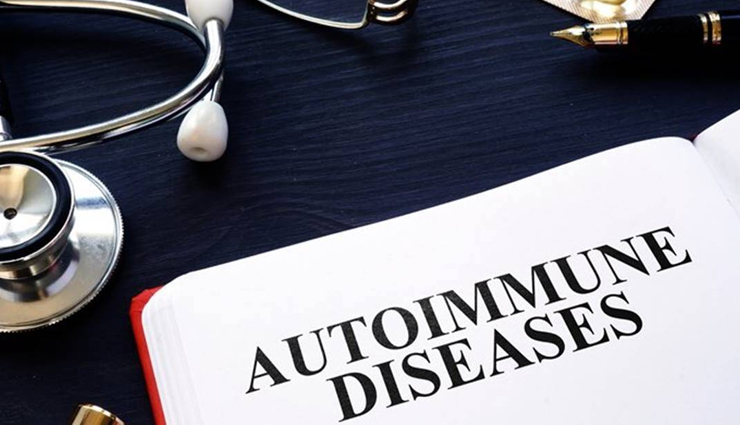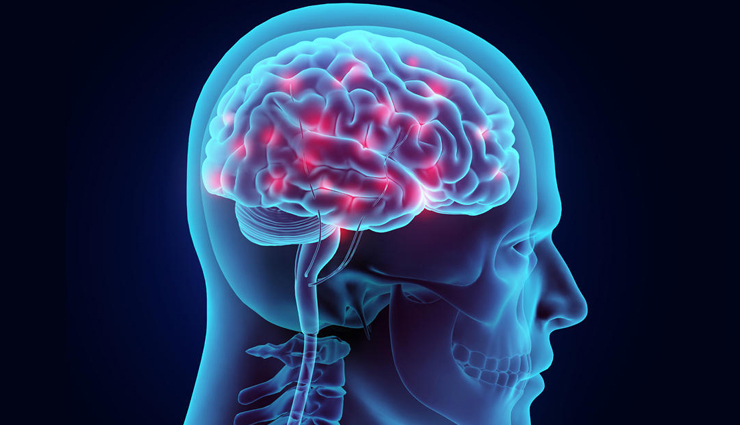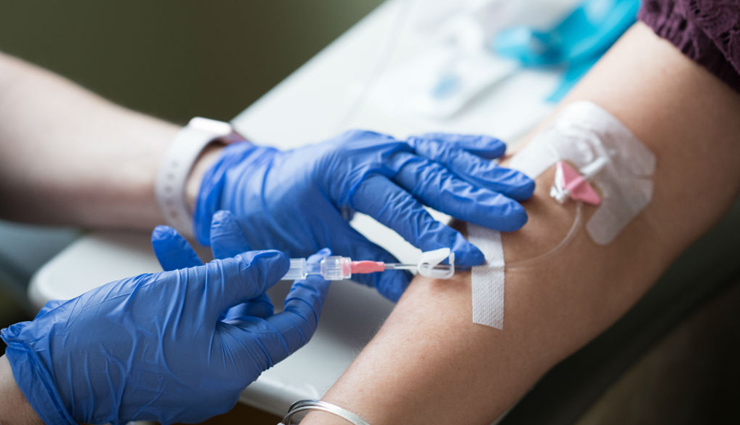- Home›
- Healthy Living›
- 9 Factors That Lead To Early Menopause
9 Factors That Lead To Early Menopause
By: Priyanka Maheshwari Mon, 22 Aug 2022 11:17:50

Menopause is the cessation of the menstrual cycle for good that usually occurs around the age of 51, but some women may enter this phase sooner than expected. If your periods stop before you turn 40, you are going through what is called early or premature menopause. Generally speaking, the starting age for early menopause ranges from 40 to 45 years. Nearly 5% of all women go through it, either due to their natural biology or other reasons such as medications, illnesses, or surgeries.

# Smoking
Cigarette smoke releases chemical toxins and free radicals in the body that attack healthy cells at all levels. This kind of cellular damage can extend to the ovarian follicles and trigger early menopause.
As many as 20% of women who smoke regularly will experience early menopause, versus about 2% of nonsmokers, due to premature ovarian aging secondary to the toxic effects of cigarettes on the ovarian tissue.

# Alcoholism
People with a drinking problem neglect their diet to indulge in alcohol and are therefore deprived of proper nourishment.
Thus, alcoholism paves the way for nutritional deficiencies, particularly of vitamins, fiber, and healthy proteins. The lack of these vital nutrients can adversely affect a woman’s reproductive hormones to induce irregular periods or even premature menopause.
Heavy alcohol consumption alone may hasten the onset of menopause by as much as 5 years.

# Being underweight
Your body naturally stores estrogen in fat (adipose tissue), so more fat means higher estrogen levels. Conversely, underweight people who have abnormally low fat in the body inadvertently have less estrogen.
Lack of estrogen in the body is a major trigger for early-onset menopause. Women who are underweight (with a BMI of <18.5) have a 30% increased risk of early menopause in comparison with women of normal BMI.

# Too much stress
Stress is difficult to measure, but studies have shown that women living in poor socioeconomic conditions are 80% more likely to experience early menopause. This could be due to a combination of factors, but stress likely plays a part.

# Surgery to remove the ovaries
Many women have their ovaries removed before natural menopause due to medical factors (tumors, cysts, severe endometriosis treatment, etc.), thrusting them into surgical menopause at the age in which they were removed.

# Autoimmune diseases
Autoimmune diseases develop when the immune system wrongly perceives certain healthy cells to be a foreign threat and attacks them, leading to inflammation. This cellular inflammation can reach the ovaries and damage the ovarian tissue to trigger early menopause.
Thyroid problems, inflammatory bowel disease, and rheumatoid arthritis are some of the common autoimmune disorders linked with premature menopause.

# Epilepsy
Epilepsy is an independent risk factor for premature ovarian failure. In a recent study, 14% of women with epilepsy were found to have signs of premature ovarian failure (<40 years old).

# Chemotherapy (taking medicines to lower estrogen levels)
Women are occasionally prescribed medications to purposefully lower their estrogen levels (Lupron Depot) in fertility treatments or cancer treatments. These treatments, while therapeutic, mimic menopause.
Other cancer treatments, such as radiation and chemotherapy, can be toxic to the ovarian tissue and can induce early menopause.
# Certain medical conditions
People who have suffered from chromosomal abnormalities such as fragile X or Turner’s syndrome, HIV, AIDS, and certain infections such as mumps are more susceptible to premature menopause.





